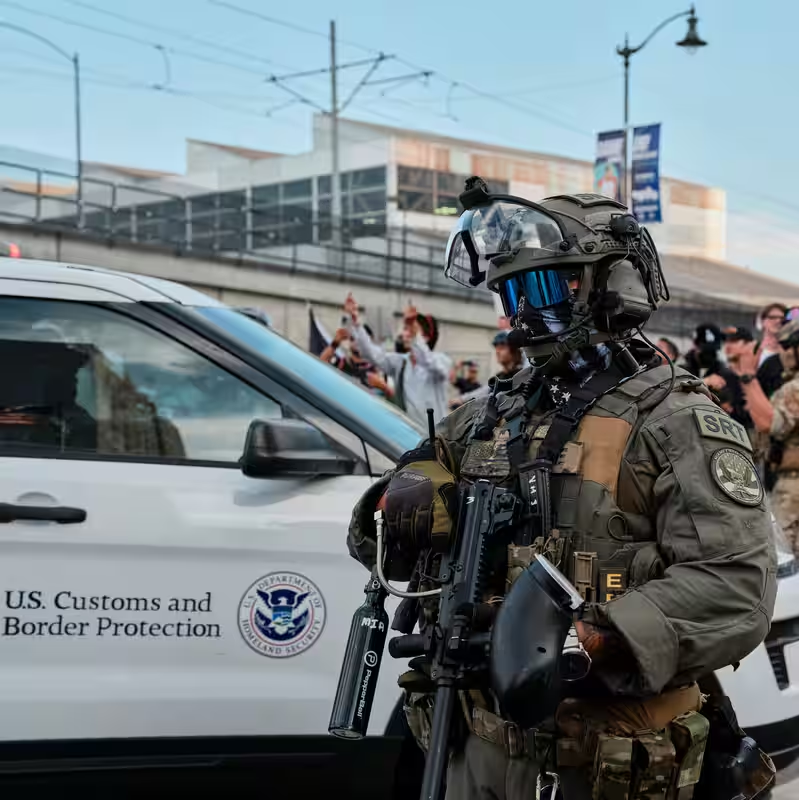Table of Contents
- Pelosi and Mullin Issue Bold Warning
- San Francisco DA’s Radical Plan
- Legal Uncertainty and Challenges
- Bay Area Lawmakers React
- What This Means for Immigration Enforcement
- Sources
Pelosi and Mullin Issue Bold Warning
Former House Speaker Nancy Pelosi and Representative Kevin Mullin have issued a striking warning to federal immigration agents: if you break California law during raids in the Bay Area, local police may arrest you. The statement, released Wednesday, comes amid reports that U.S. Border Patrol and ICE agents are preparing large-scale immigration sweeps in San Francisco.
“While the President may enjoy absolute immunity courtesy of his rogue Supreme Court, those who operate under his orders do not,” the lawmakers wrote. “Our state and local authorities may arrest federal agents if they break California law — and if they are convicted, the President cannot pardon them.”
San Francisco DA’s Radical Plan
The strategy originates from San Francisco District Attorney Brooke Jenkins, who told reporters she developed the plan after witnessing federal agents allegedly using excessive force in Los Angeles and Chicago. “Hit people with batons? Beat them up? Not on my watch,” Jenkins said.
Jenkins emphasized that her office has already coordinated with the San Francisco Police Department on the protocol. Rather than dramatic street arrests, she envisions a process grounded in evidence: reviewing body or surveillance footage, identifying agents involved in unlawful conduct, obtaining arrest warrants from judges, and prosecuting them in state court.
“I had lead time to think about what authority I have and what I can do,” Jenkins explained. “This is something I felt very strongly about, and I had my office research it.”
Legal Uncertainty and Challenges
Despite the bold stance, legal experts caution that the path forward is murky. Erwin Chemerinsky, dean of UC Berkeley School of Law, noted that while federal agents acting within their legal authority are shielded from state prosecution, those who exceed their bounds—such as by using excessive force—could indeed face state charges like battery.
“If ICE agents act beyond their legal authority, and violate state law in doing so, they can be prosecuted,” Chemerinsky said. However, practical hurdles remain: many agents operate in masks without visible badges, and a California law banning such disguises doesn’t take effect until January 2026—and may face immediate legal challenges.
Bay Area Lawmakers React
Other California Democrats echoed concerns about federal overreach. Representative Ro Khanna called for ICE agents to wear body cameras and display name tags during operations. “The issue is, a lot of these ICE agents are harassing American citizens,” Khanna said. “They’re acting in a lawless way.”
Representative Sam Liccardo, former mayor of San Jose, added: “All law enforcement must comply with the Constitution… to the extent that there’s a violation of federal or state constitutional protections or civil liberties, there’s certainly a basis for asserting a violation.”
What This Means for Immigration Enforcement
The standoff reflects a growing tension between federal immigration policy and local governance in sanctuary cities like San Francisco. With President Trump vowing to deploy federal forces to the city—a move tech leader Marc Benioff initially supported before retracting—local officials are drawing a hard line on civil rights and due process.
While it remains unclear how often—or if at all—local arrests of federal agents will occur, the message is unmistakable: California won’t stand idly by if federal operations trample state laws or residents’ rights.




